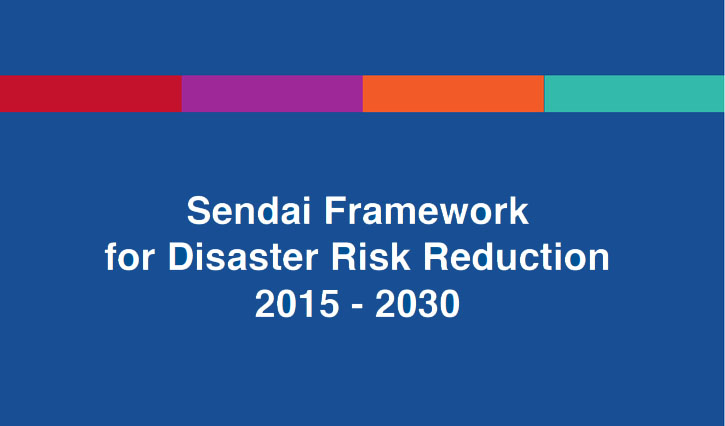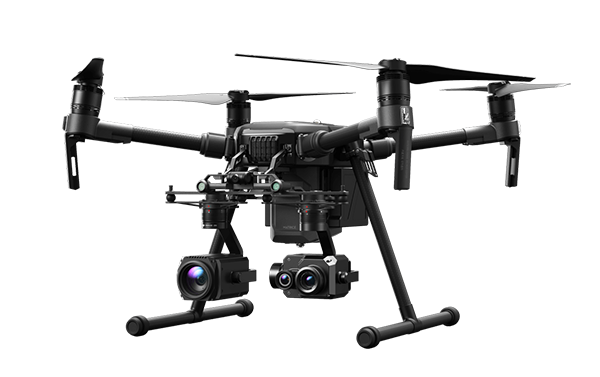National Technical Workshop on institutionalization and digitalization of damage and loss assessment methodology for the agricultural sector of Kazakhstan was held
Astana, May 23, 2024 - within the framework of the Letter of Agreement between the Food and Agriculture Organization of the United Nations (FAO) and the Center for Emergency Situations and Disaster Risk Reduction (CESDRR), a National Technical Workshop was held to advance the project "Institutionalization of Damage and Loss Assessment Methodology for the agricultural sector in the Republic of Kazakhstan." This project covers the sub-sectors of crops, livestock, fisheries and forestry.
The main objectives of the project include establishing a digital platform for the systematic collection of data on damage and loss related with disasters in agriculture, fisheries and forestry and providing technical support for the deployment of DLA software. This innovative digital is aimed to simplify the data exchange process between agencies reporting on the Sendai Framework for DRR. Once the software is adapted and implemented, it will eliminate the need for written requests for information among responsible persons involved in collecting, summarizing and forwarding reports.
The workshop was attended by representatives from the Ministry for Emergency Situations, the Ministry of Ecology and Natural Resources, the Bureau of National Statistics(BNS), the Fisheries Committee of the Ministry of Agriculture of the Republic of Kazakhstan, members of the Interdepartmental Working Group nominated from interested ministries and agencies, as well as consultants and experts from FAO and CESDRR.
In her welcoming speech, the Deputy Head of the Bureau for National Statistics Ms. Shauyenova highlited the importance of automated statistical data collection and processing. She emphasized that this approach improves accuracy and efficiency, which is especially vital for disaster management. Ms. Shauyenova also stressed value of sharing experience and best practices with FAO, noting that such cooperation is instrumental in improving the national statistical system. Furthermore, she reaffirmed BNS’s commitment to actively supporting the Ministry for Emergency Situations and other government bodies in refining the DLA methodology against disasters.
Mr. Abilov, the head of the Digitalization Unit of the Ministry of Ecology and Natural Resources, underscored the need to adapt the digital methodology for assessing damage and loss from disasters in key sectors such as fisheries and forestry.
FAO Representative in the Republic of Kazakhstan Mr. Kairbekov pointed out that the FAO methodology is more comprehensive, covering not only current damage, but also projected future loss. He stated that this workshop would be a significant step towards adopting the FAO methodology for DLA in Kazakhstan.
The key results of the workshop included:
- An overview of the project’s goals, objectives, planned activities, expected results.
- Discussion of the current state of DLA methodologies in Kazakhstan, including the institutional framework for post-disaster DLA in agriculture.
- Identification of data sources necessary for the DLA methodology for agriculture (crops, livestock), fisheries and forestry in Kazakhstan.
- Discussion of the need to incorporate UN terms and glossaries into Kazakhstan’s legislation.
During the workshop, participants shared perspectives, developed recommendations for automating the data collection process on damage and loss in agriculture to ensure better online reporting and accounting of loss at all administrative levels, explored the potential for introducing innovations and advanced assessment methods in practice, and also improved their capacity in disaster damage and loss assessment.
The workshop concluded with the adoption of a final document in which participants agreed to pursue coordinated, integrated efforts to strengthen data generation, statistical capacity, and reporting. This collaborative approach aims to enhance the resilience of Kazakhstan's agricultural sector to disasters and emergencies.



















